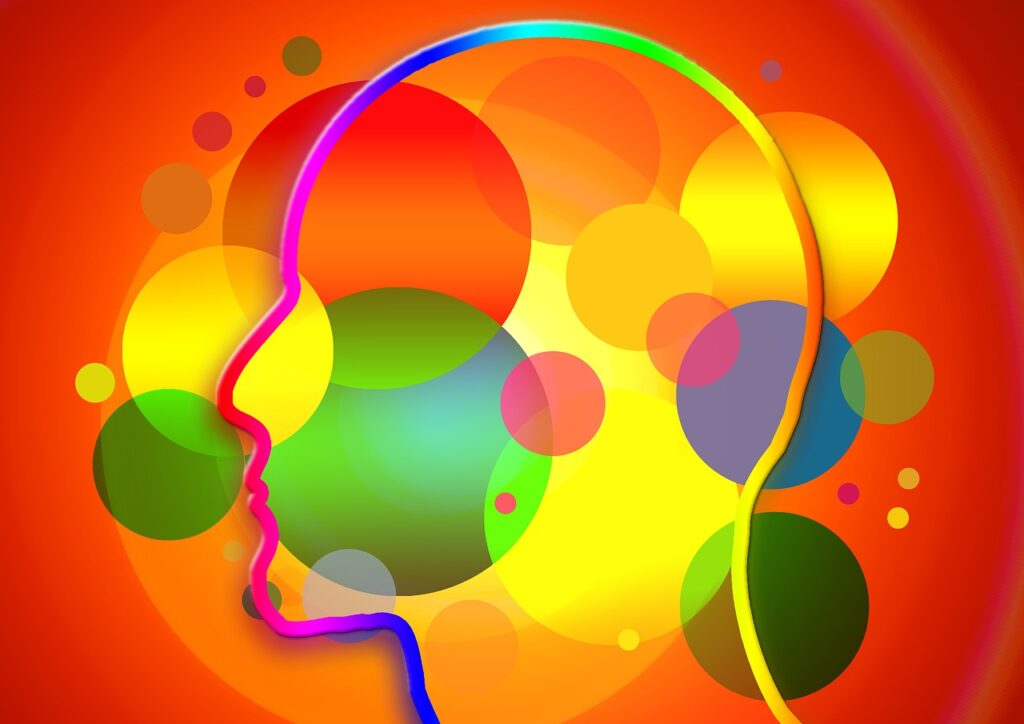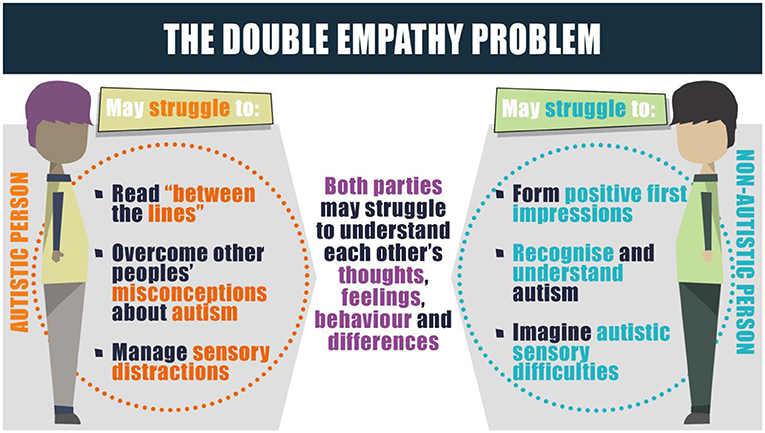
Can Autistic People do Empathy?
At one level, the answer is easy. Of course autistic people are capable of empathy! Diagnostically, absence of empathy is a characteristic of psychopaths and/or narcissists, not autistic people.
But there’s a surprising number of people who believe it anyway. And even today, I still regularly come across people using “autistic” or “on the spectrum” as a term of abuse for people who are being awkward. Maybe sometimes it’s true. But frequently it isn’t.
So why do some people believe it?
Empathy is about sharing others’ emotions, and some people communicate their emotions largely through channels that autistic people (me included) don’t pick up too easily. It’s like if people expressed their emotions entirely in Chinese, and I don’t speak Chinese.
If other factors are equal, autistic people aren’t going to recognise neurotypically expressed emotions as quickly as neurotypical people would, and they aren’t always going to communicate emotions in neurotypical ways.
That means that some people come to the prejudiced conclusion that autistic people don’t do emotional responses, just because we tend to speak a different emotional language.
There’s a more sophisticated version of the same lie – saying that autism is caused by a defective Theory of Mind – “the ability to interpret others’ beliefs, intentions and emotions”. (It’s not a “theory” in the usual scientific sense, like the Theory of Evolution or the Theory of Relativity – it’s an unhelpful label for a cognitive ability. It obviously wasn’t labelled by an autistic person because they’d have done a better job.)
Defective Theory of Mind used to be one of the main proposed explanations for autism. The main problem with this is that it isn’t true. As Grant Macaskill writes:
Similarly, to say that a person with autism has no Theory of Mind is potentially offensive and misleading: it implies that they do not recognize the presence of a neurological state in another person that is different than that in themselves. In truth, however, autistic people do recognize this. They simply need different means to actually understand that state than the intuitive ones that others enjoy.
Ironically, those who claim that autistic people lack empathy or Theory of Mind demonstrate by their claim that they themselves lack both empathy and ToM when it comes to relating to autistic people!
A much better theoretical approach to understanding empathy is the one found in the so-called Double Empathy Problem – the observation that just as autistic people can struggle to have empathy with neurotypicals, so neurotypicals can struggle to have empathy with autistic people.

In fact, it’s much broader than just different people with different neurotypes. We all naturally are better at having empathy with people who are more similar to us – from the same sorts of background, or living in the same place, or with interests in common, or who have had the same life experience. That’s why reading writing from other cultures can be so illuminating – it helps us to see the world through a different set of lenses. And it’s why it’s important to remember that the past is a foreign country – people think differently there, which is part of the value of reading things from the past, and also one of the things that really annoys me about historical novels – when characters in them seem to think and feel as if they are modern rather than having the values of their time.
There are lots of factors that can increase “emotional distance” from another person – gender, social class, ethnicity, location, time period, education, experiences, neurotype and so on. And I suggest that the greater the emotional distance, the harder it is to have empathy with someone. That’s the actual problem here – people’s failure to recognise the emotional distance caused by one person being autistic and the other person neurotypical.
John Allister
John Allister is the vicar of St Jude’s Church in Nottingham, England.
He is autistic, and has degrees in Theology and Experimental & Theoretical Physics.
ble o

